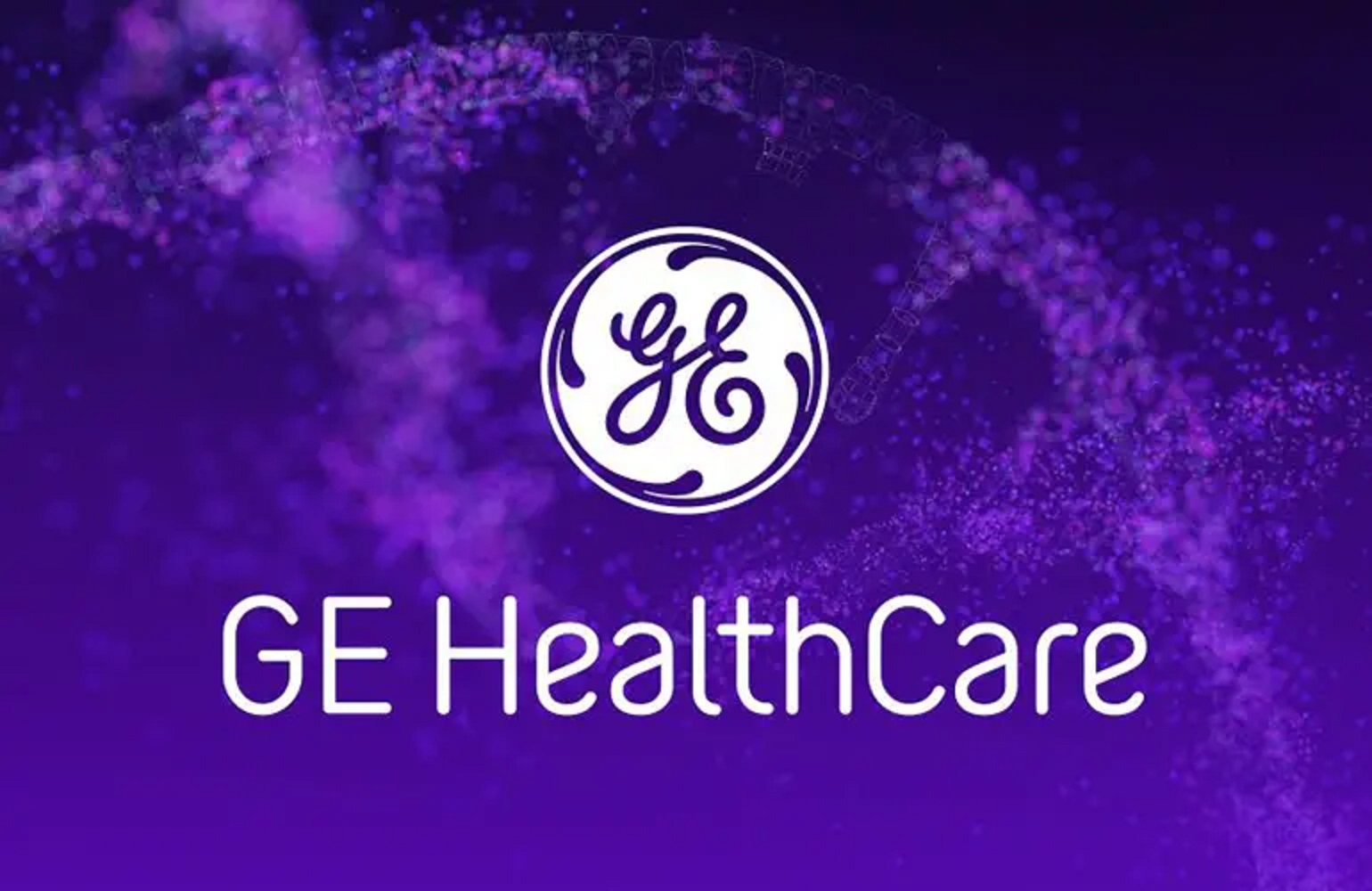
GE Healthcare has obtained FDA clearance for its DL model, Sonic DL, designed for cardiac MRI. This deep learning-enhanced technology enables the acquisition of high-quality MRI images up to 12 times faster than traditional methods, matching the speed of physiology. Sonic DL addresses the challenge of patient motion during imaging exams and allows for smoother and more comfortable experiences. By significantly reducing scan times and improving image clarity, Sonic DL expands patient access and diagnostic value for cardiac MRI.
GE Healthcare has received FDA clearance for its DL model for cardiac MRI, a deep learning-enhanced technology that enables faster image acquisition. The company claims that the technology, called Sonic DL, can acquire MRI images up to 12 times faster than conventional methods, matching the speed of MRI to the speed of physiology. This advancement is significant because it addresses the challenge of patients needing to stay still and hold their breath during the imaging exam.
Sonic DL, leveraging a neural network, has been cleared by the FDA for healthcare use. It allows for high-quality cardiac images to be captured “in a single heartbeat,” according to GE Healthcare. This is particularly beneficial for patients who struggle to hold their breath or have arrhythmias or advanced heart failure. Dr. Gianluca Pontone, director of perioperative cardiology and cardiovascular imaging at Centro Cardiologico Monzino in Milan, describes it as a “game-changer” for these patients, providing a smoother and more comfortable MRI experience.
According to GE Healthcare, Sonic DL has the potential to reduce scan times by 83% compared to the current gold standard. This reduction in scan time minimizes or eliminates the need for repetitive breath holds and expands the pool of patients eligible for cardiac MRI. In a video that the business has made available, whole-heart coverage imaging with Sonic DL is finished in 59 seconds, as opposed to one minute and 42 seconds using conventional MRI.
GE Healthcare emphasizes that Sonic DL improves image clarity even in the presence of an arrhythmia. It claims that Sonic DL can achieve comparable imaging in just 24 seconds, displaying 46 frames, while conventional MRI takes one minute and 45 seconds to produce 20 frames.
The technology relies on GE Healthcare’s AIR Recon DL, a deep-learning-based image reconstruction algorithm. The company aims to expand the use of Sonic DL and AIR Recon DL across all anatomies.
This development aligns with the larger trend of leveraging AI in healthcare. GE Healthcare’s AI technology has already benefited more than 10 million patients, including Duly Health and Care, a Chicago-based healthcare provider. By reducing wait times, Sonic DL enables healthcare providers to see more patients sooner.
GE Healthcare collaborated with the American College of Cardiology in 2021 to advance AI and digital technology in cardiac care. The partnership focuses on AI-driven services for image interpretation, risk prediction, and decision support.
Jie Xue, president, and CEO of Global MR for GE Healthcare, expresses excitement about Sonic DL’s impact, stating that it expands patient access and improves diagnostic value for those who were previously unable to undergo successful scans. The technology represents a paradigm shift for cardiac MRI, providing high-quality imaging with exceptional speed.




